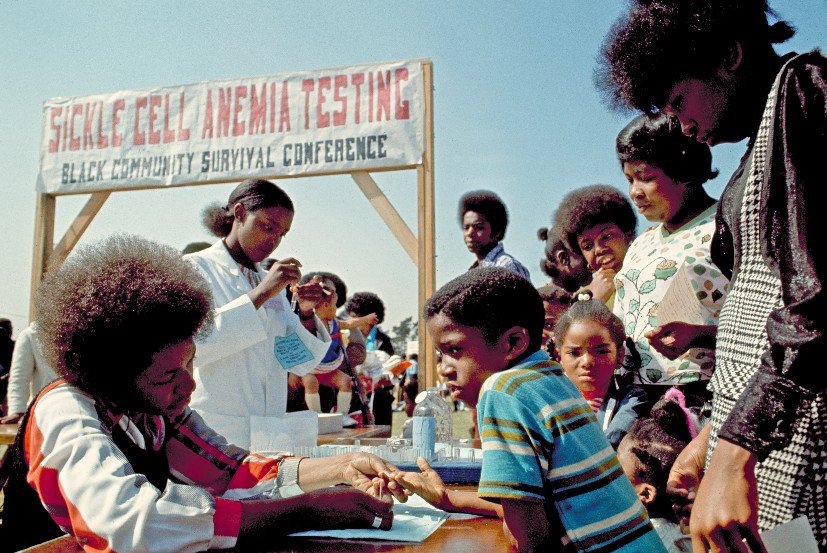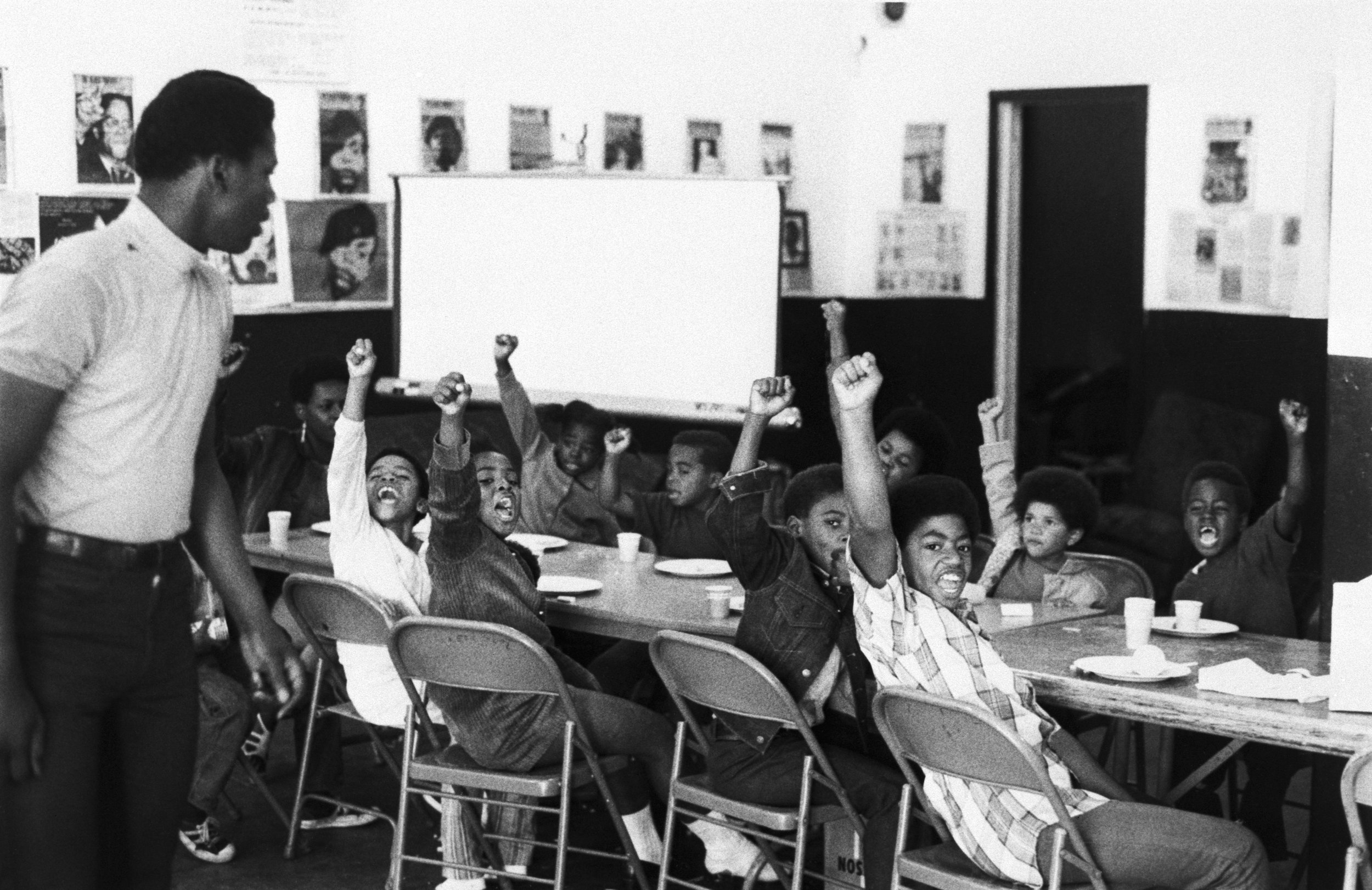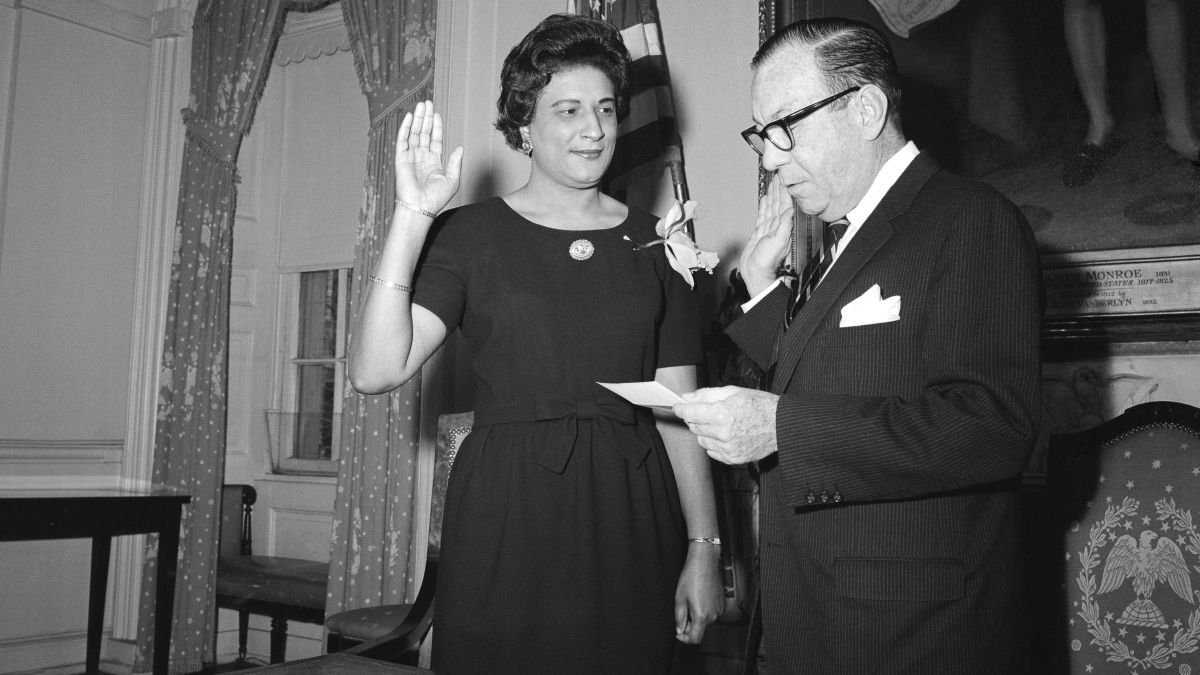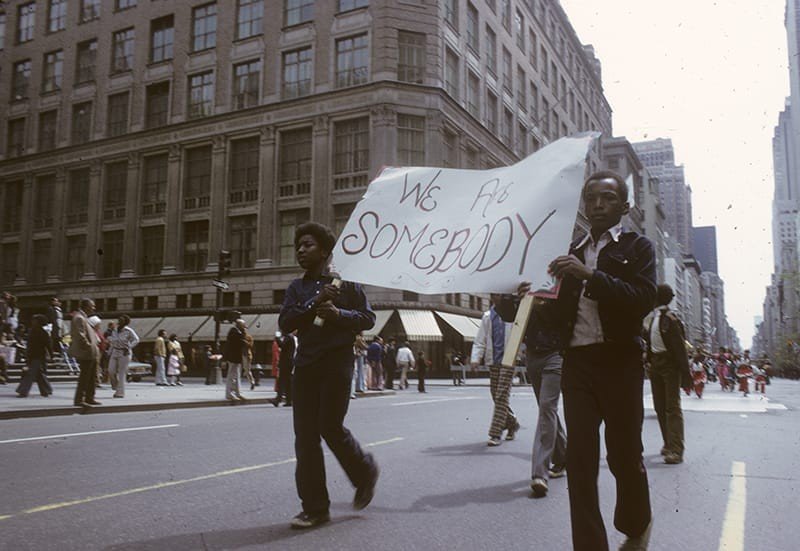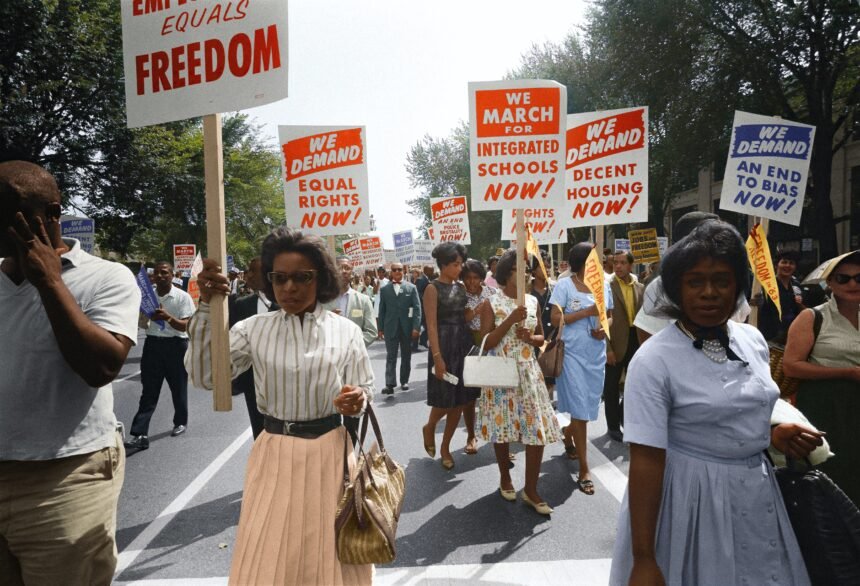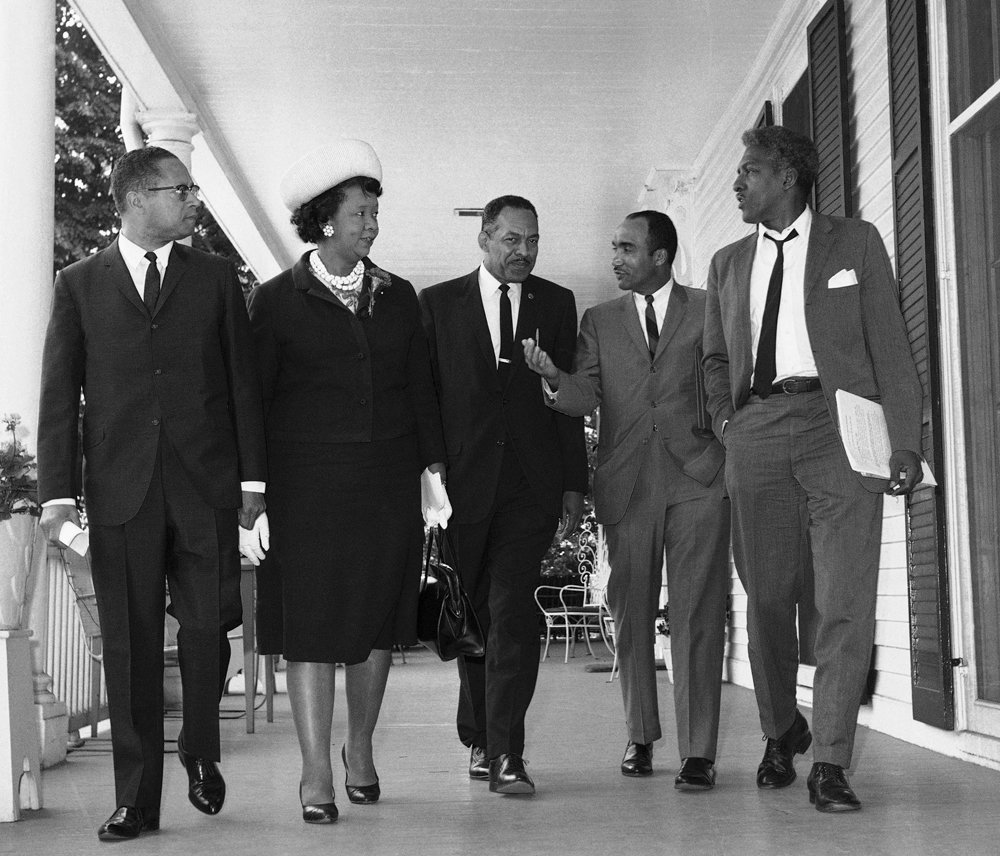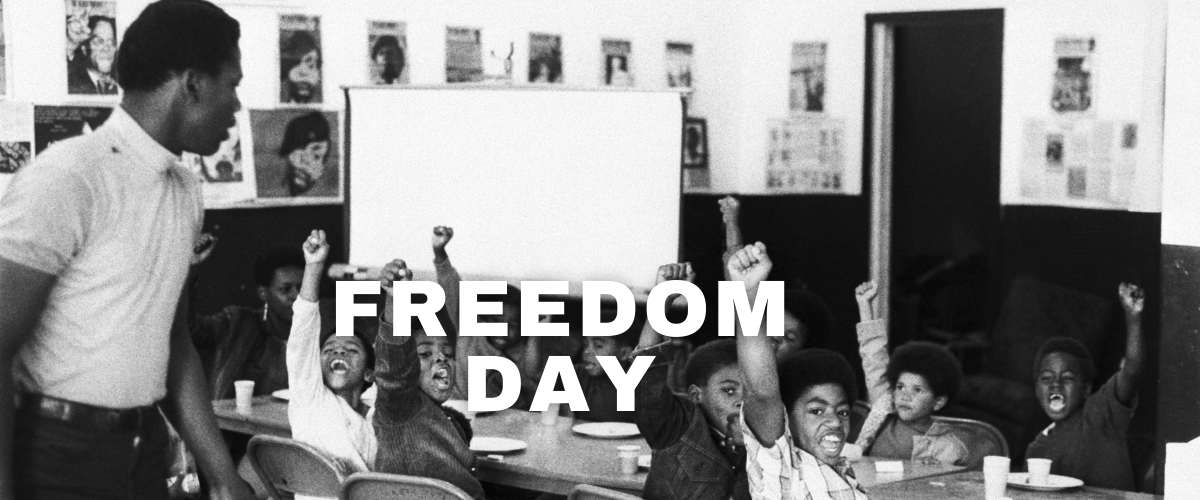
NAAM’s Freedom Day is a free monthly event celebrating history, culture, and community. Each Freedom Day features special programs, activities, and museum access for all ages—at no cost. We use Freedom Day as an opportunity to highlight key moments in the ongoing fight for freedom and equity.
<< May 2025
July 2025 >>
<< This Month’s Freedom Day >>
On June 5, we commemorate the Walk Against Fear—an act of courage that became a turning point in the Civil Rights Movement. On June 5, 1966, James Meredith, the first Black student to integrate the University of Mississippi, began a 220-mile journey from Memphis to Jackson to confront the culture of intimidation and promote Black voter registration in the South. After Meredith was shot and wounded early in the march, civil rights leaders including Martin Luther King Jr. and Stokely Carmichael carried it forward. What began as a solitary act became a powerful collective movement, drawing thousands and sparking renewed calls for justice, empowerment, and self-determination.
What Led to the March Against Fear
In 1966, despite landmark victories like the Civil Rights Act and the Voting Rights Act, Black Americans in the South continued to face brutal intimidation when trying to exercise their basic rights. Fear—of losing jobs, homes, or even lives—was a constant reality. Determined to challenge this, James Meredith, the man who integrated the University of Mississippi, set out on a 225-mile solo journey from Memphis, Tennessee, to Jackson, Mississippi. His "Walk Against Fear" was a powerful stand against the culture of terror designed to keep Black citizens from registering to vote and claiming their place in society. But just one day in, Meredith was shot and wounded by a white supremacist, turning a personal mission into a national movement.
The March Against Fear
After the attack on Meredith, major civil rights organizations—including the SCLC, SNCC, and CORE—united to continue his journey. Leaders like Dr. Martin Luther King Jr., Stokely Carmichael, and Floyd McKissick helped transform the march into a mass demonstration of resistance and hope. Over 15,000 people joined the final steps into Jackson, making it the largest civil rights gathering in Mississippi’s history at that time.
A Courageous Act
This story reminds us that one determined step can spark national change. Even after he was wounded, Meredith returned to complete the final leg of the march, embodying resilience and courage. His unwavering fight against fear continues to inspire generations seeking freedom and justice.
Did you know?
The march was nearly halted multiple times by state officials. Mississippi’s governor tried to block the route, deny permits, and prevent marchers from camping—tactics used to discourage peaceful protest. Despite this, participants persevered.
It was during this march that the phrase "Black Power" entered the national conversation, coined by Stokely Carmichael.
Along the way, the march registered over 4,000 Black Mississippians to vote.
